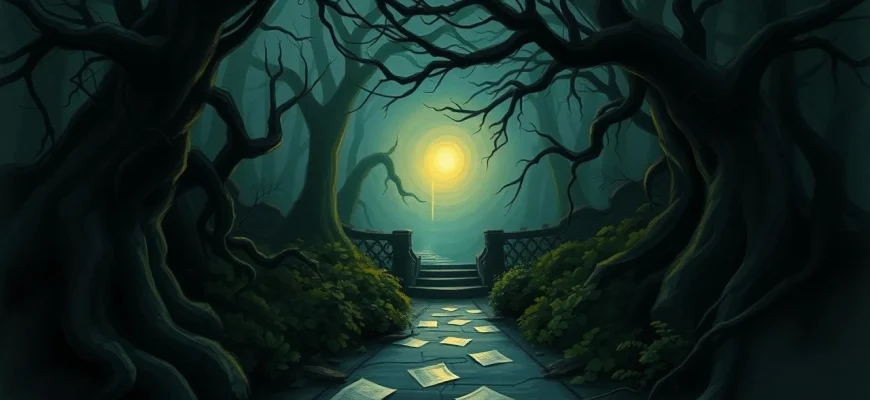If you loved the haunting and emotionally charged drama of 'The Hanging Garden' (1997), you're in for a treat. This article explores 10 movies and shows that share similar themes of family secrets, dark pasts, and emotional turmoil. Whether you're drawn to its poetic storytelling or its raw exploration of human relationships, these recommendations will keep you captivated. Dive into this curated list to discover films and series that resonate with the same intensity and depth as 'The Hanging Garden.'
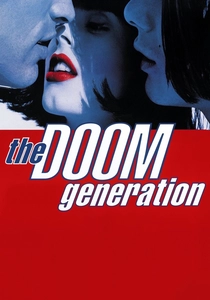
The Doom Generation (1995)
Description: This film, like 'The Hanging Garden', employs a gritty, surreal aesthetic to explore themes of youth alienation and violence. Both movies feature protagonists on a chaotic journey, grappling with identity and societal rejection. The raw, unfiltered portrayal of emotions is a common thread.
Fact: The film is part of Gregg Araki's 'Teen Apocalypse Trilogy'. Rose McGowan and James Duval star as the young lovers. The soundtrack features 1990s alternative and industrial music.
 Watch Now
Watch Now 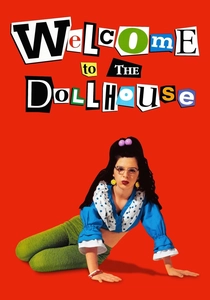
Welcome to the Dollhouse (1995)
Description: This film resonates with 'The Hanging Garden' in its unflinching portrayal of adolescent angst and family neglect. Both movies use dark humor to highlight the pain of growing up in dysfunctional environments. The protagonist's struggle for identity and acceptance mirrors the emotional journey in 'The Hanging Garden'.
Fact: Director Todd Solondz drew from his own childhood experiences for the script. Heather Matarazzo's performance as Dawn Wiener earned her widespread acclaim. The film won the Grand Jury Prize at the Sundance Film Festival.
 Watch Now
Watch Now 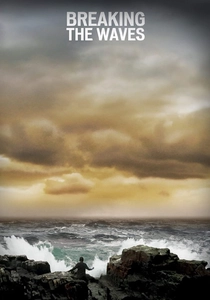
Breaking the Waves (1996)
Description: Similar to 'The Hanging Garden', 'Breaking the Waves' is a deeply emotional and visually striking film about love, sacrifice, and redemption. Both movies feature protagonists who endure immense suffering for the sake of others, with a raw and unflinching approach to storytelling. The spiritual and existential themes are powerfully conveyed.
Fact: The film won the Grand Prix at the Cannes Film Festival. Emily Watson received her first Oscar nomination for her role. Director Lars von Trier used a handheld camera to create a documentary-like feel.
 Watch Now
Watch Now 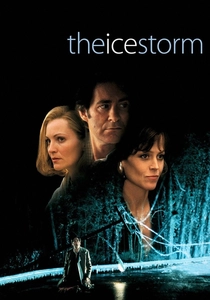
The Ice Storm (1997)
Description: Like 'The Hanging Garden', 'The Ice Storm' examines the disintegration of family bonds and the emotional fallout of repressed feelings. Both films are set in the 1970s and use the era's social changes as a backdrop for personal crises. The visual style, with its muted colors and stark compositions, enhances the sense of emotional coldness and isolation.
Fact: The film marked the breakthrough performances of Tobey Maguire and Katie Holmes. Director Ang Lee researched the 1970s extensively to capture the period accurately. The film is based on Rick Moody's novel of the same name.
 Watch Now
Watch Now 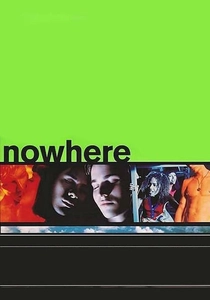
Nowhere (1997)
Description: 'Nowhere' and 'The Hanging Garden' both delve into the disorienting and often painful experiences of young adulthood. The films use surreal and hyper-stylized visuals to convey emotional turmoil and existential dread. The fragmented narratives reflect the characters' inner chaos.
Fact: The film is the final installment in Gregg Araki's 'Teen Apocalypse Trilogy'. It features an ensemble cast of 1990s indie film icons. The soundtrack includes bands like The Jesus and Mary Chain and Slowdive.
 Watch Now
Watch Now 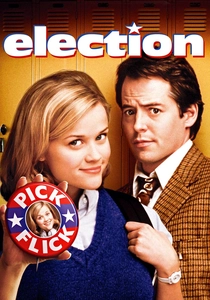
Election (1999)
Description: 'Election' shares with 'The Hanging Garden' a sharp, satirical look at human behavior and moral ambiguity. Both films use dark comedy to explore themes of ambition, manipulation, and the consequences of personal choices. The flawed, complex characters are a key similarity.
Fact: Reese Witherspoon's performance as Tracy Flick is considered one of her best. The film is based on Tom Perrotta's novel. Director Alexander Payne used real high school students as extras.
 Watch Now
Watch Now 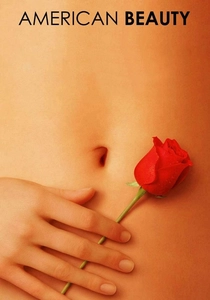
American Beauty (1999)
Description: 'American Beauty' shares with 'The Hanging Garden' a darkly comedic and poignant exploration of suburban life, family dysfunction, and repressed desires. Both films use surreal and symbolic imagery to critique societal norms and reveal hidden emotional turmoil. The themes of alienation and the quest for personal freedom are central to both narratives.
Fact: Kevin Spacey won an Oscar for his role as Lester Burnham. The iconic plastic bag scene was inspired by a real video director Sam Mendes saw. The film was Alan Ball's first screenplay, originally written as a play.
 Watch Now
Watch Now 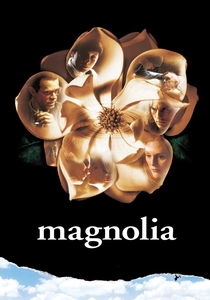
Magnolia (1999)
Description: Similar to 'The Hanging Garden' (1997), 'Magnolia' explores complex family dynamics and personal redemption through interconnected stories. Both films delve into themes of regret, forgiveness, and the search for meaning, using a nonlinear narrative style to enhance emotional impact. The ensemble cast and intense performances mirror the raw, emotional depth found in 'The Hanging Garden'.
Fact: The film features an ensemble cast including Tom Cruise, Philip Seymour Hoffman, and Julianne Moore. The famous raining frogs scene was inspired by a real phenomenon mentioned in Charles Fort's book 'The Book of the Damned'. Director Paul Thomas Anderson wrote the script in just three weeks.
 Watch Now
Watch Now 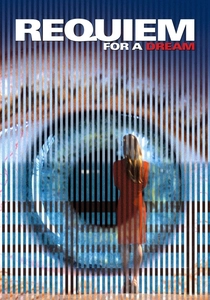
Requiem for a Dream (2000)
Description: Both 'Requiem for a Dream' and 'The Hanging Garden' depict the devastating effects of addiction and the breakdown of personal relationships. The intense, visceral storytelling and bleak tone are shared characteristics. The films use innovative cinematography to immerse viewers in the characters' psychological states.
Fact: Director Darren Aronofsky used a unique editing style called 'hip-hop montage'. Ellen Burstyn's performance earned her an Oscar nomination. The film's score by Clint Mansell is iconic and widely recognized.
 Watch Now
Watch Now 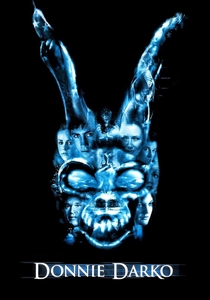
Donnie Darko (2001)
Description: 'Donnie Darko' and 'The Hanging Garden' both blend surrealism with deep emotional storytelling, exploring themes of mental illness, fate, and redemption. The use of dreamlike sequences and ambiguous narratives creates a similar haunting atmosphere. Both films challenge viewers to interpret their symbolic layers.
Fact: The film initially flopped at the box office but gained a cult following on DVD. Jake Gyllenhaal's sister, Maggie, plays his on-screen sister. The director's cut includes more explicit references to time travel theories.
 Watch Now
Watch Now 
